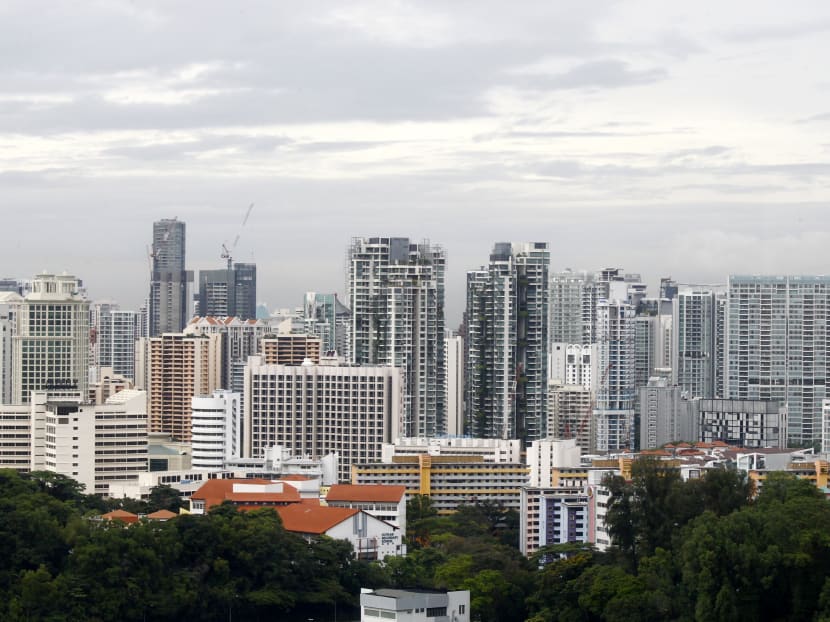The S$2 gotong royong solution for affordable degrees
As a nation proud of its meritocracy, Singapore’s community and political leaders have always emphasised the importance of excelling in education. This is because of education’s role as a conduit for social mobility.
As a nation proud of its meritocracy, Singapore’s community and political leaders have always emphasised the importance of excelling in education. This is because of education’s role as a conduit for social mobility.
Education is a pertinent issue for the Malay community. Mendaki was formed back in the 1980s precisely to raise the education standards of the community. But it was somewhat ironic that Mendaki’s formation was accompanied by the abolition of free education for the indigenous Malay race and replaced with the Tertiary Tuition Fee Subsidy (TTFS) scheme.
Managed by Mendaki, the TTFS has two major flaws which do not help the Malay community raise its higher education standards. First, the TTFS has an income ceiling which disqualifies a large number of middle-income Malays. The income criterion is based on a three-tier system where students who come from households with per capita monthly household income of below S$1,500 will be eligible for subsidies. Second, it covers only tuition fees for local tertiary education institutions and universities.
Calls by some members of the Malay community for the income ceiling in the TTFS to be raised and for non-local universities to be included in the scheme have gone unanswered.
The reluctance by Mendaki and policymakers to include foreign universities in the scheme is understandable as the TTFS was meant as a replacement for free tuition in Singapore institutions. Furthermore, income earned on the TTFS advance and undisbursed tuition fee go towards the Education Development Fund to finance scholarships, awards and financial assistance schemes and to provide subsidies for selected education programmes to make such programmes more affordable.
INCREASING NUMBER OF MALAY GRADUATES
The reality in Singapore is that state university places are limited and entry is very competitive. A large number of Singaporeans, including Malays, find themselves having to pursue degrees at overseas institutions, either offered through partner agencies here or on-campus overseas. These options can be costly and there are hardly any financial schemes that they can turn to.
While no figures are available, anecdotal evidence suggests that a sizeable number of Malay students who cannot get into Singapore universities do not pursue further education because of financial constraints.
The Malay community, in the spirit of gotong royong, or sense of community cooperation, have set up a number of community-based bursaries and financial assistance programmes to meet this need. The most notable is The Prophet Muhammad Scholarship Fund. A more recent one is the Singapore Muslim Education Fund set up by a group of individuals to offer financial assistance to students pursuing medicine and law — professional fields in which Malays are currently under-represented.
Besides the TTFS, Mendaki also has a Supplementary Assistance Loan Scheme, which provides interest-free loans to needy Malay students pursuing full-time courses at government tertiary institutions in Singapore.
It is clear that Malay community leaders are keen to do what they can to help increase the number of Malay university graduates. The Association of Muslim Professionals (AMP), during its 2012 convention, called for “a graduate in every (Malay/Muslim) family”.
An important step towards achieving this is to provide more financial assistance to those who want to pursue degrees at non-Singapore universities.
SMALL CHANGE FOR BIGGER CHANGE
I, therefore, propose setting up a special education fund that offers scholarships and bursaries for overseas studies and alternative pathways to obtaining degrees. This fund can also be used to provide scholarships for postgraduate studies and doctorates.
The obvious question is: Where will the money come from? This requires political will and a genuine desire to raise the educational standards of the Malay community. Many years ago, former Prime Minister Lee Kuan Yew had the political will to create the Mosque Building Fund by using Central Provident Fund (CPF) contributions. It was a huge success.
I propose that a similar approach be adopted to create this education fund. In such a scheme, every Malay CPF member would donate S$2 from his monthly CPF contribution towards this fund. Those who do not wish to contribute can opt out. Using a conservative base figure of 100,000 Malays who make monthly CPF contributions, and assuming 20 per cent choose to opt out, we would have 80,000 CPF members raising S$160,000 every month — or S$1.92 million a year.
Malay/Muslim organisations can also express their solidarity with the cause by donating a small percentage — say 2 per cent — of their annual revenue surpluses.
This Gotong Royong Education Fund can be managed by an independent committee of community leaders and academics. The committee can draw up the qualifying criteria for scholarships and bursaries to ensure that they are given to deserving students. The fund will not be a replacement or substitute for the TTFS.
Considering that the basis of this fund would be relatively small CPF contributions, I believe such a scheme would gain the support of the community. An independent education fund free from income restrictions can increase the number of Malay graduates by providing financial assistance to those pursuing degrees at foreign universities. This will go a long way in achieving the aim of having a graduate in every Malay family.
ABOUT THE AUTHOR:
Dr Ameen Talib is an academic and businessman who is Chairman of The Research Centre for Islamic and Malay Affairs (RIMA) and sits on the boards of the Association of Muslim Professionals and the Middle East Institute at the National University of Singapore.







